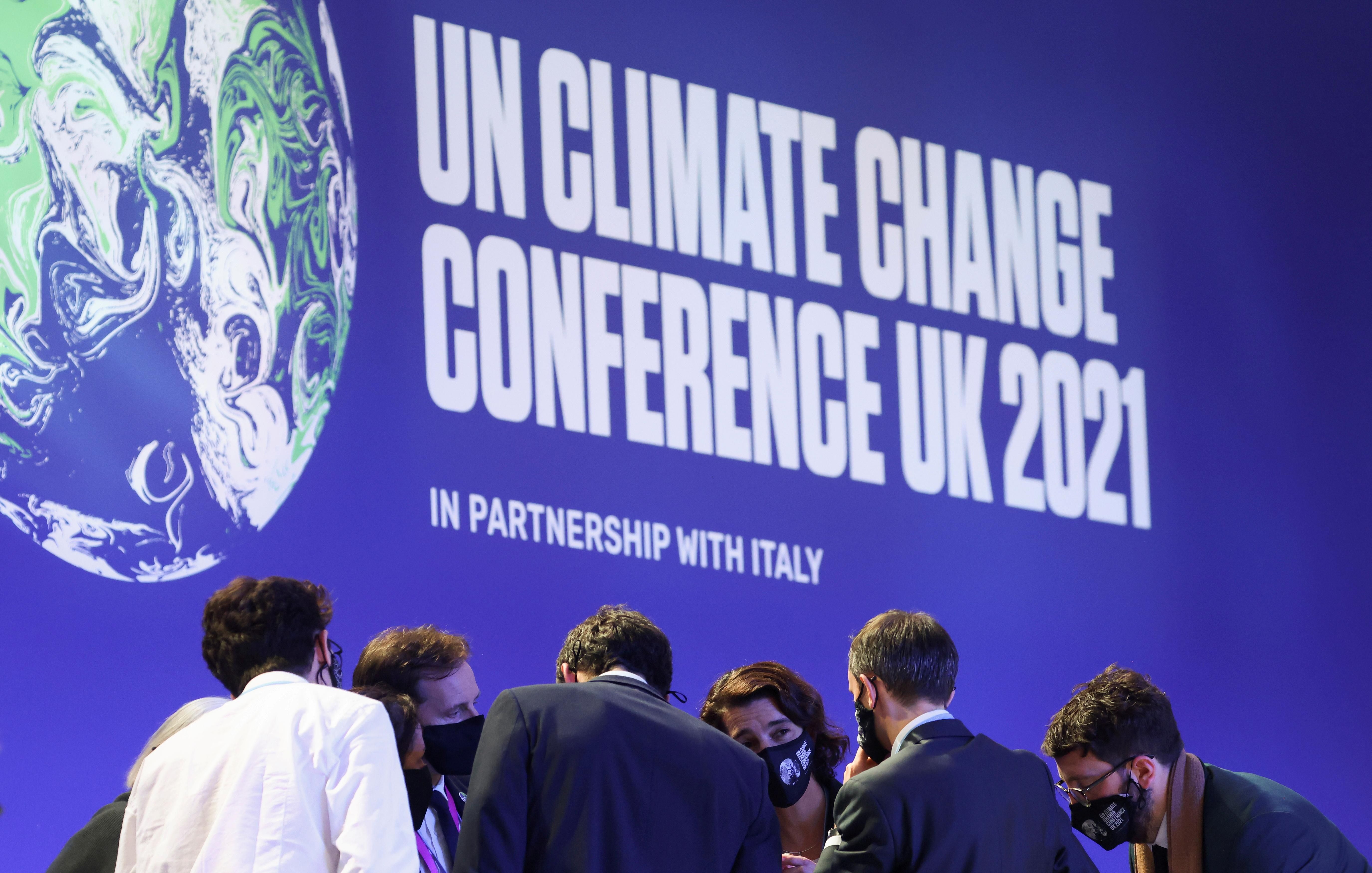Hard Numbers: COP26 is a wrap, Argentines & Bulgarians vote, Thai royal offenses
197: The COP26 climate summit in Glasgow concluded with a compromise deal that for the first time commits 197 governments to gradually wind down coal and end all subsidies for fossil fuels. Top polluters and coal-users China and India objected to an earlier draft that called for completely phasing out coal, as demanded by environmental groups and most developing countries.
40: The leftwing coalition of President Alberto Fernández suffered a crushing defeat in Argentina's midterm parliamentary election on Sunday. His Peronistas lost control of the Senate for the first time in almost 40 years, putting Fernández in a very weak position to deal with the country's ailing economy.
3: A new anti-graft, centrist party is expected to win Bulgaria's third legislative election this year, after previous votes in April and July delivered fragmented parliaments with no majority to form a government. Barely a quarter of Bulgarian voters showed up due to rising COVID deaths in the country with the EU's lowest vaccination rate and highest vax hesitancy.
155: At least 155 people have been charged with royal defamation — which carries up to 15 years in prison — in Thailand since mid-2020, when youth-led protests against the government first called to reform the monarchy. Thousands of demonstrators took to the streets of Bangkok on Sunday to bash a recent court ruling that says any attempts to curb the powers of the king are tantamount to treason.